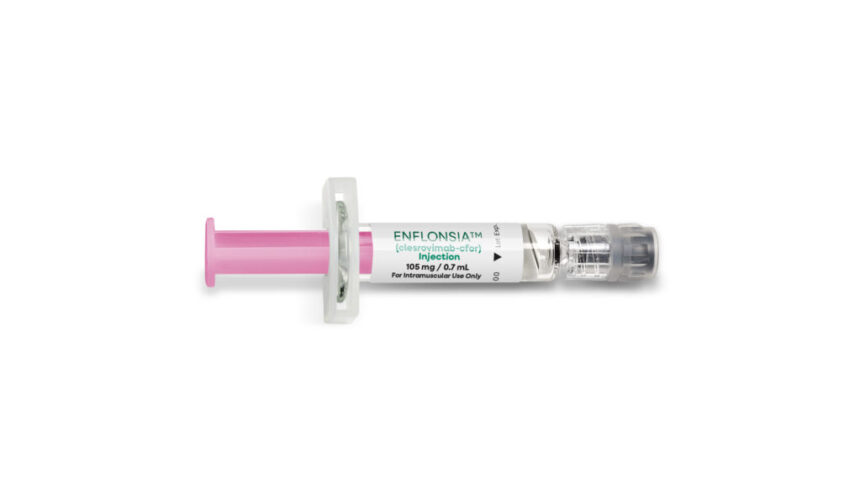A recent decision by a committee advising the Centers for Disease Control and Prevention (CDC) has recommended the use of a new monoclonal antibody, Merck’s Enflonsia, to combat respiratory syncytial virus (RSV) in babies. This recommendation comes as a significant development in the fight against RSV, a virus that can cause severe respiratory infections in infants.
Enflonsia, which is intended for babies under 8 months entering their first RSV season, has been shown to reduce the rate of medically attended lower respiratory infections caused by RSV by over 60% and decrease RSV hospitalizations by over 84%. The approval of Enflonsia by the Food and Drug Administration in June marked a major milestone in the battle against RSV.
RSV is a common virus that infects individuals of all ages, typically causing cold-like symptoms. However, it can be particularly dangerous for young children and older adults. In infants, RSV can pose a serious risk due to the size of their airways, making it crucial to have effective preventive measures in place.
Richard Haupt, from Merck Research Laboratories, expressed optimism about the committee’s recommendations, emphasizing the importance of reducing the burden that RSV places on infants, families, and healthcare systems. The endorsement of Enflonsia by the committee signals a significant step forward in addressing the challenges posed by RSV infections.
The decision from the Advisory Committee on Immunization Practices must still be approved by the CDC director or the health secretary to be implemented. However, with the absence of a CDC director and uncertainty surrounding the endorsement by Health Secretary Robert F. Kennedy Jr., the fate of the recommendation remains uncertain.
The newly constituted ACIP, which includes only one pediatrician, Cody Meissner, has been tasked with evaluating the efficacy and safety of RSV preventive measures. Despite some concerns raised during the discussion about Enflonsia, the majority of the committee members voted in favor of recommending its use.
In addition to Enflonsia, there are other interventions available to combat RSV, such as Pfizer’s RSV vaccine administered late during pregnancy to protect infants in their early months of life. Health authorities emphasize the importance of choosing the most appropriate intervention for each case, either through maternal vaccination or monoclonal antibody administration at birth.
Overall, the recommendation to use Merck’s Enflonsia as a preventive measure against RSV in infants represents a significant advancement in the field of pediatric healthcare. By leveraging innovative solutions like monoclonal antibodies, healthcare providers can better protect vulnerable populations from the potentially severe consequences of RSV infections.








